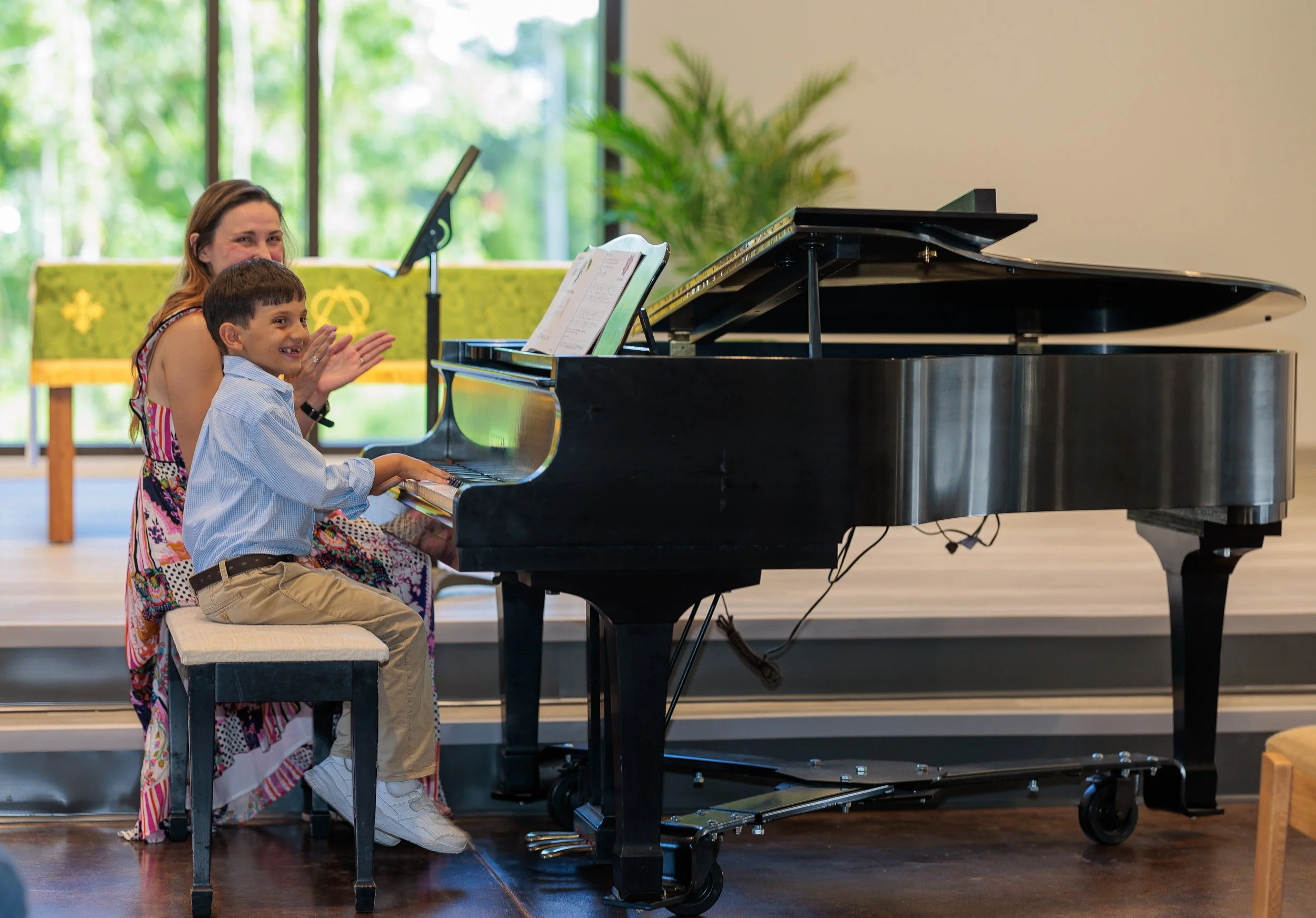Why Every Child Should Learn an Instrument: 6 Benefits That Go Beyond Music
As a parent, you want the best for your child—activities that nurture their talents, encourage growth, and equip them with the skills they need to succeed in life. One of the most impactful ways to do this is through music education. Learning an instrument isn’t just about mastering a song or playing in a band; it’s about developing skills that will benefit your child academically, emotionally, and socially. If you’re considering music lessons for your child but aren’t sure whether it’s worth the investment, here are six compelling reasons why every child should learn an instrument.
1. Improved Memory and Cognitive Skills
Learning an instrument is a workout for the brain. Research has shown that musical training enhances memory and improves cognitive abilities, such as pattern recognition and critical thinking. When children learn music, they exercise both their auditory and visual memory, as they must memorize notes, rhythms, and melodies. This strengthens their overall brain function, which can positively impact their academic performance. Studies have even found that children who engage in music education score higher in subjects like math and reading due to the enhanced problem-solving and sequencing skills gained through music training.
2. Increased Discipline and Time Management
Music lessons require consistent practice and dedication. Children must practice regularly to improve, which teaches them the importance of discipline, patience, and hard work. Unlike some activities that offer immediate results, progress in music comes with time and persistence. This process of delayed gratification helps children develop the discipline to stick with tasks, even when challenges arise. Furthermore, balancing music practice with schoolwork and other activities helps children learn time management skills early on—an essential ability that will serve them well throughout their lives.
3. Enhanced Emotional Intelligence
Music provides a powerful outlet for self-expression. Through playing an instrument, children learn to express their emotions in a healthy and creative way. Whether it’s through a joyful melody or a more somber piece, music allows children to explore and communicate feelings they might otherwise struggle to articulate. Emotional intelligence is critical for personal growth and success in both social and professional settings. By learning music, children gain a deeper understanding of their emotions and how to regulate them, which fosters greater self-awareness and resilience.
4. Social Benefits and Teamwork
While learning an instrument can start as an individual pursuit, it often leads to collaborative opportunities, such as joining a band, orchestra, or even participating in group music lessons. Playing music in a group teaches children valuable social skills, such as teamwork, listening, and cooperation. In an ensemble setting, they must listen to others, stay in sync, and adjust their playing to contribute to a larger musical goal. These experiences foster strong communication and collaboration skills that will help them in school, in sports, and later in their careers.
5. Boosted Creativity and Problem-Solving Skills
Music is inherently creative. From improvising a melody to composing original pieces, music challenges children to think outside the box. This creativity is not limited to music alone—it can transfer to other areas of life, helping children become more innovative and open-minded. Music also requires critical thinking and problem-solving. When children encounter difficult pieces, they must figure out how to break them down, practice them, and overcome challenges. These skills are transferable to academic work, as well as to real-life situations where creative solutions are needed.
6. Improved Self-Esteem and Confidence
Every time a child learns a new piece or masters a challenging section of music, they experience a sense of achievement. These small victories build their confidence and reinforce the idea that with practice and effort, they can overcome challenges. Performing in front of others, whether in a recital or a group performance, also boosts self-esteem and helps children develop a sense of pride in their abilities. The confidence gained from music extends beyond the stage—children who feel good about their musical progress are more likely to feel confident in other areas of life as well.
In Conclusion
The benefits of learning an instrument go far beyond simply playing music. Through music education, children develop cognitive, emotional, and social skills that will serve them throughout their lives. From boosting memory and creativity to teaching discipline and teamwork, learning an instrument offers countless advantages. If you’re on the fence about enrolling your child in music lessons, consider the lifelong skills they’ll gain—not just as musicians, but as well-rounded individuals who are ready to take on the challenges of the world.
Music isn’t just about notes and rhythms—it’s a tool for shaping your child’s future. If you’re looking for an extracurricular activity that will provide lasting benefits, check out the programs we offer here Young Artist Music Project!
The Young Artist Music Project (YAMP) is dedicated to inspiring creativity, building confidence, and igniting a genuine passion for music in children and youth throughout St. Johns County, FL.

